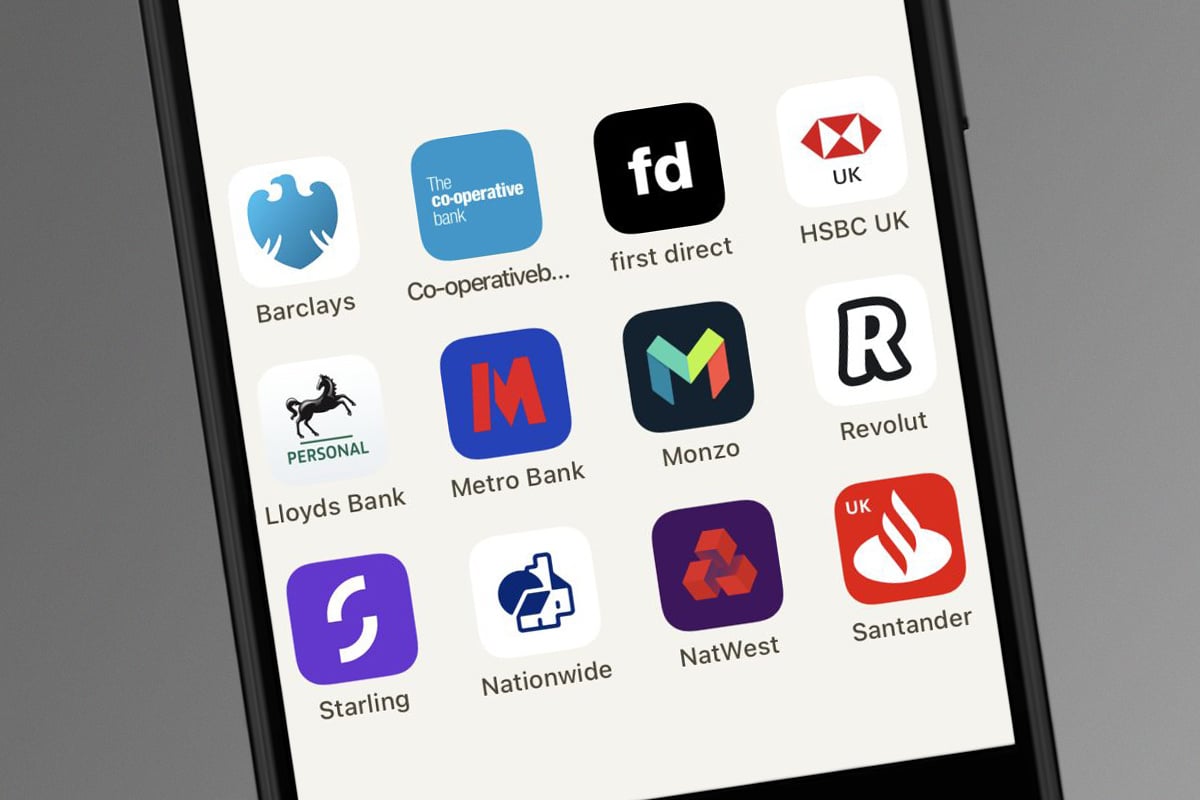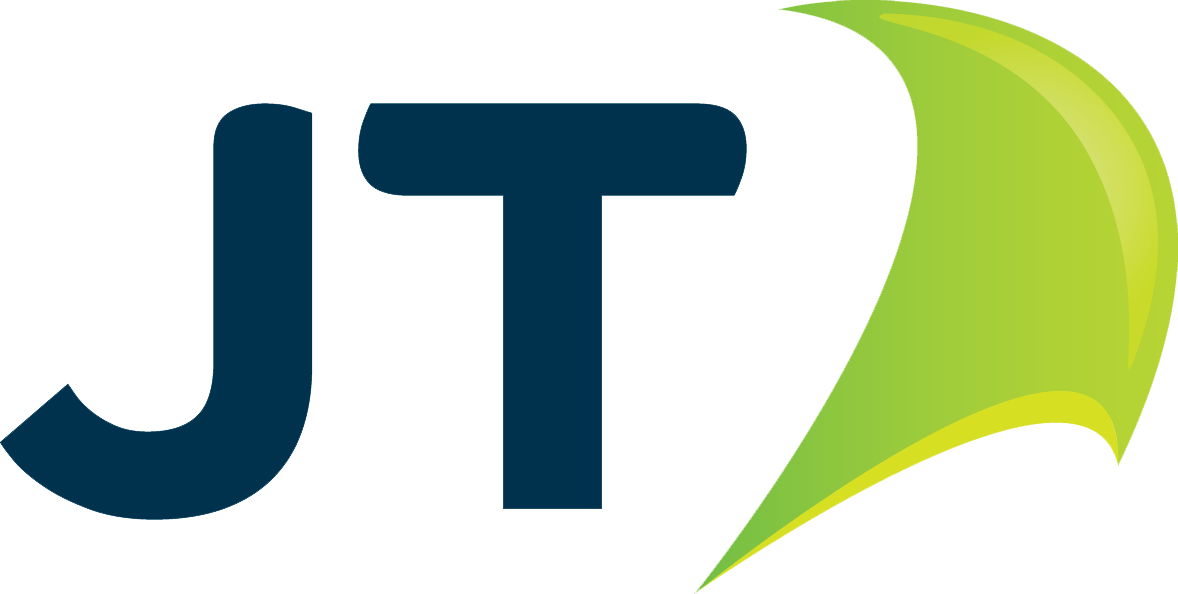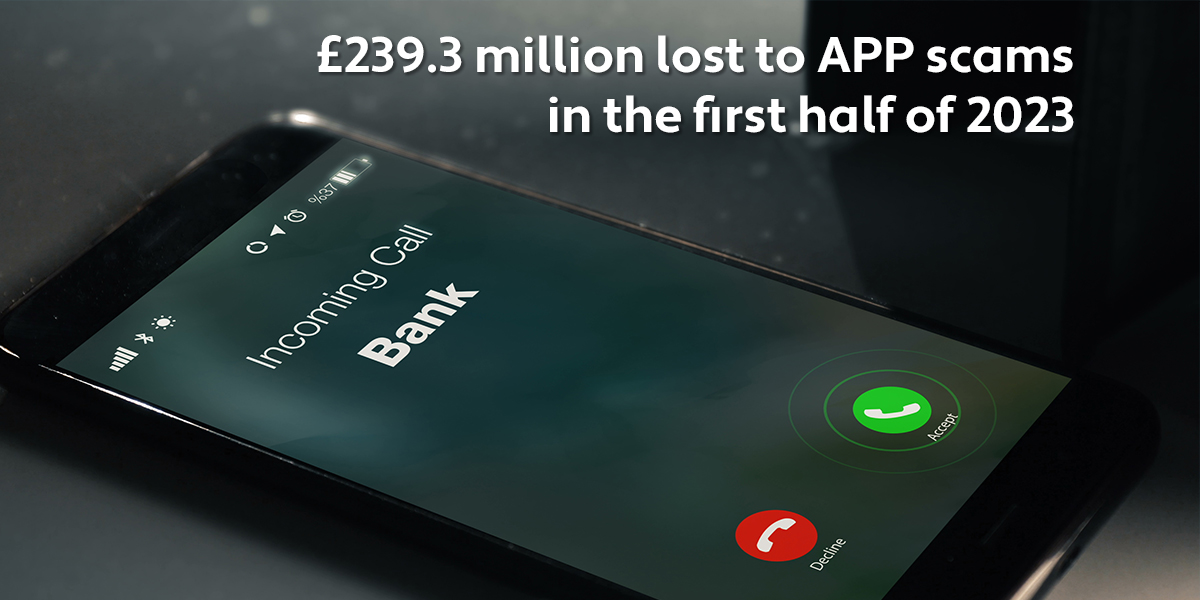The impact of Mandatory Reimbursement on banks

As the adoption of instant payments grows, so does the threat from criminals that recognise that speed can create greater opportunity for them to perpetrate crimes and evade detection.
Authorised Push Payment (APP) scams have rapidly become a major fraud threat for banks, with criminals rapidly increasing their playbook of scams to defraud their customers. APP fraud has undermined trust in financial services and as a result greater scrutiny and regulation has come to bear upon banks in the shape of the UK’s recent Mandatory Reimbursement regulations.
While the regulation focusses firmly on consumer protection, we look at the impact it will have on banks and how they can reduce their exposure to the risks of Mandatory Reimbursement claims.
What is the APP fraud threat?
In Authorised Push Payment frauds, criminals typically exploit the victim’s trust in a reliable entity with scams usually follow a similar path:- Criminals impersonate trusted individuals to coerce their victim into willingly transferring funds into an account.
- Victims approve the payments believing they’re sending money to a legitimate person (e.g. a solicitor) or an organisation (such as a bank). Instead, the payments go into the fraudster’s account.
- These scams are referred to as ‘authorised’ because the victim transfers money willingly, though they have no idea that the recipient is not who they claim to be.
Today, APP scams are coming in all kinds of guises, from conveyancing and rental scams to romance scams, investment fraud and ironically criminals posing as staff calling from the fraud departments of banks.
Learn more about APP fraud in our previous post: Authorised Push Payment Fraud — Everything You Need to Know and Why You Should Care.
APP fraud costs banks a significant amount of money
In recent years, criminals have used APP scams to defraud victims and banks out of huge sums of money. According to UK Finance’s Annual Fraud Report, in 2023 alone:
- 232,429 cases of APP fraud were reported
- Fraudsters stole £459.7 million from victims
- While only 16% of APP fraud incidents were telephone based, these accounted for 43% of the total financial losses
As of October 2024, UK banks are legally required to reimburse victims of APP fraud, up to £85,000 per claim within five working days.
Voluntary reimbursement rates for major banks in 2023 were:
- TSB - 88%
- Nationwide - 87%
- HSBC, First Direct - 76%
- Santander - 73%
- Barclays - 73%
Reimbursing victims of APP fraud might not have much of an impact on the financial stability of the biggest, most well-established banks. However, the voluntary reimbursement rates for smaller banks and challenger banks are much lower, telling a different story:
- Starling - 48%
- Metro Bank - 46%
- Monzo - 17% (down from 22% in 2022)
- Danske Bank - 13% (down from 20% in 2022)
- AIB - 9%
These reimbursement rates paint a clear picture: smaller banks either haven’t been willing or haven’t been able to reimburse victims of fraud as readily as bigger, more established high street banks.
For those that lack mature fraud detection systems and the financial resources to meet their obligations under the new Mandatory Reimbursement rules the new APP fraud regulations will most likely provide significant challenges that risk long-term reputational damage.
The reputational damage of fraud
While many neobanks and fintechs have avoided the voluntary reimbursement schemes they now find themselves under greater scrutiny through Mandatory Reimbursement. A recent scandal involving Revolut is a sobering example of how an organisations response to fraud can go wrong:
- More than 100 people contacted the BBC to report the poor treatment they had received after falling victim to APP fraud. One individual lost £39,000 due to scammers.
- Those who reached out to the BBC had trouble contacting Revolut after realising they had been scammed. Some people waited hours to get in touch with a representative or had to settle for communicating through the banking app’s chat feature instead.
- After finally reaching a customer service representative, victims were informed that Revolut would not issue any reimbursements as they had technically authorised the payments themselves.
- Victims also felt that Revolut’s internal systems should have picked up on the suspicious nature of the fraudulent transactions. For example, one victim’s scammers made 137 individual payments to 3 new payees in just an hour. They lost a total of £165,000.
As a result, Revolut’s reputation has been left in tatters. It was the subject of a BBC Panorama investigation, and the Financial Ombudsman Service has received more complaints about Revolut than any other bank or fintech.
This situation should serve as a cautionary tale for how other organisations address APP fraud. Failing to combat scams effectively and treating victims poorly can significantly impact a brand's reputation, and ultimately their bottom line.
Protect your bank and your reputation from APP fraud
Mandatory Reimbursement regulations are aimed not only at protecting consumers from financial loss but also to encourage banks to do more to proactively prevent APP fraud instead of simply reacting to it after incidents.Here are a few tactics banks should be using to fight scammers:
- Monitoring transactions for any suspicious activity
- Working with telcos to detect the signs of fraud
- Collaborating with other banks to investigate fraud cases
- Fortifying KYC checks to reduce the use of mule accounts
- Improve upon customer education and fraud notifications
- Provide dedicated support to customers reporting fraud
- Leverage the latest cybersecurity measures to protect customer
JT’s Scam Signal is a unique collaboration between UK banks and telecom operators to help banks and fintechs to more effectively detect and stop APP fraud before it happens. Part of JT’s Mobile Intelligence suite, Scam Signal provides banks with real-time telecoms data that can identify the signs of coercive fraud during high-value transactions.
For a deeper dive into the landscape of APP fraud and how the award winning Scam Signal solution is helping to turn the tide on the scammers, download our latest whitepaper, Scam Signal: Proactive fraud protection turning the tide on APP fraud.
Complete the form below to arrange a meeting with one of APP fraud specialists:
Categories


